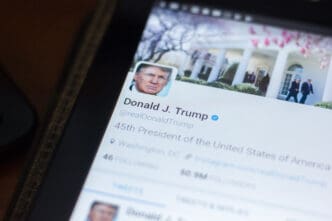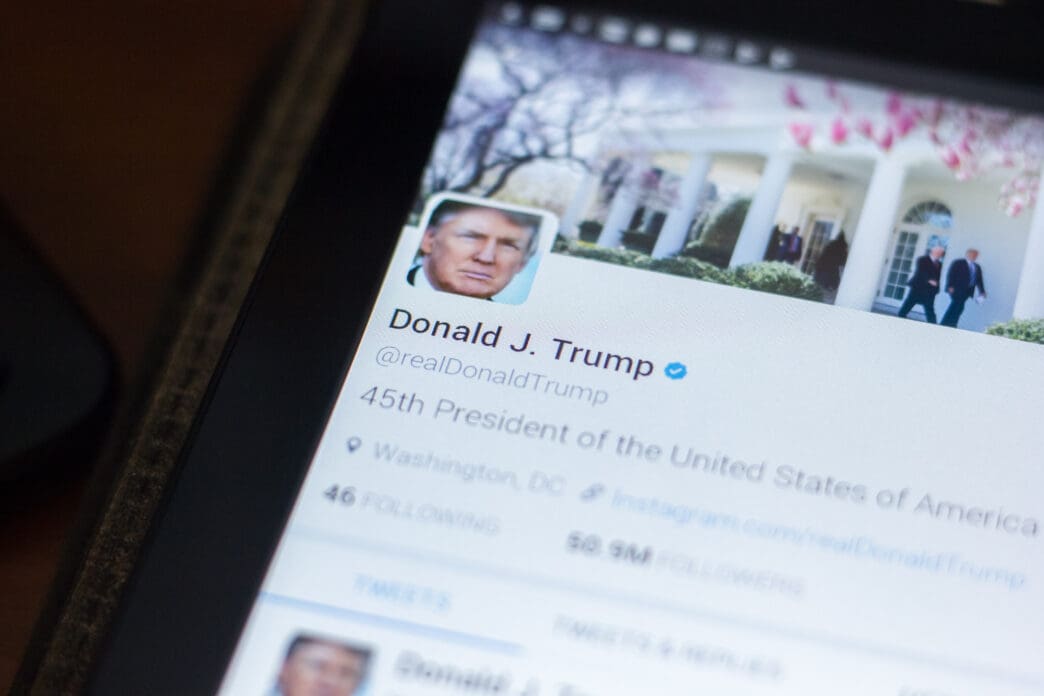Executive Summary
The Story So Far
Why This Matters
Who Thinks What?
A new academic study, conducted by researchers in Shanghai and Vancouver, indicates that Chinese public perception of the United States is primarily shaped by political shifts and policy signals, rather than deep-seated anti-American sentiment. The research, published in The Chinese Journal of International Politics, also found a significant increase in Chinese confidence regarding the nation’s ability to withstand U.S. economic pressure, even amidst ongoing tariffs and technology controls. The surveys tracked opinion before and after the 2020 and 2024 U.S. presidential elections, with key data collected after Donald Trump’s 2024 victory but prior to his second term and any subsequent trade war.
Shifting Perceptions of the U.S.
The study directly challenges the prevailing notion that anti-Americanism in China is an entrenched, ideology-driven stance. Instead, it suggests that the Chinese public closely monitors and responds to political developments in Washington, indicating a more pragmatic and adaptive outlook.
This responsiveness implies that Chinese views are dynamic, shifting in relation to specific U.S. policies and events rather than adhering to a fixed ideological position.
Increased Economic Confidence
A pivotal finding from the surveys, conducted after President Trump’s 2024 election win but before his second term began, highlights a significant shift in Chinese public confidence. This confidence relates to the nation’s capacity to withstand U.S. economic pressure, despite continued U.S. tariffs and technology controls.
The research suggests that years of strategic competition have not crippled Chinese economic confidence. Instead, these pressures appear to have fostered a perception of increased self-reliance and economic durability within China.
Survey Methodology
The academic study involved two primary survey periods to gather public opinion. The first period collected 2,083 responses from Chinese adults in 2020, prior to the U.S. election, and in early 2021, following President Biden’s inauguration.
The second phase of the research, conducted in 2024, gathered 1,702 responses. These responses were collected just before and immediately after Americans went to the polls for the presidential election.
Key Takeaways
Overall, the findings underscore a dynamic and responsive Chinese public opinion, more attuned to specific U.S. policies and political events than to a fixed ideological position. It also points to a growing sense of economic resilience within China, suggesting that external pressures may be inadvertently strengthening domestic confidence.








